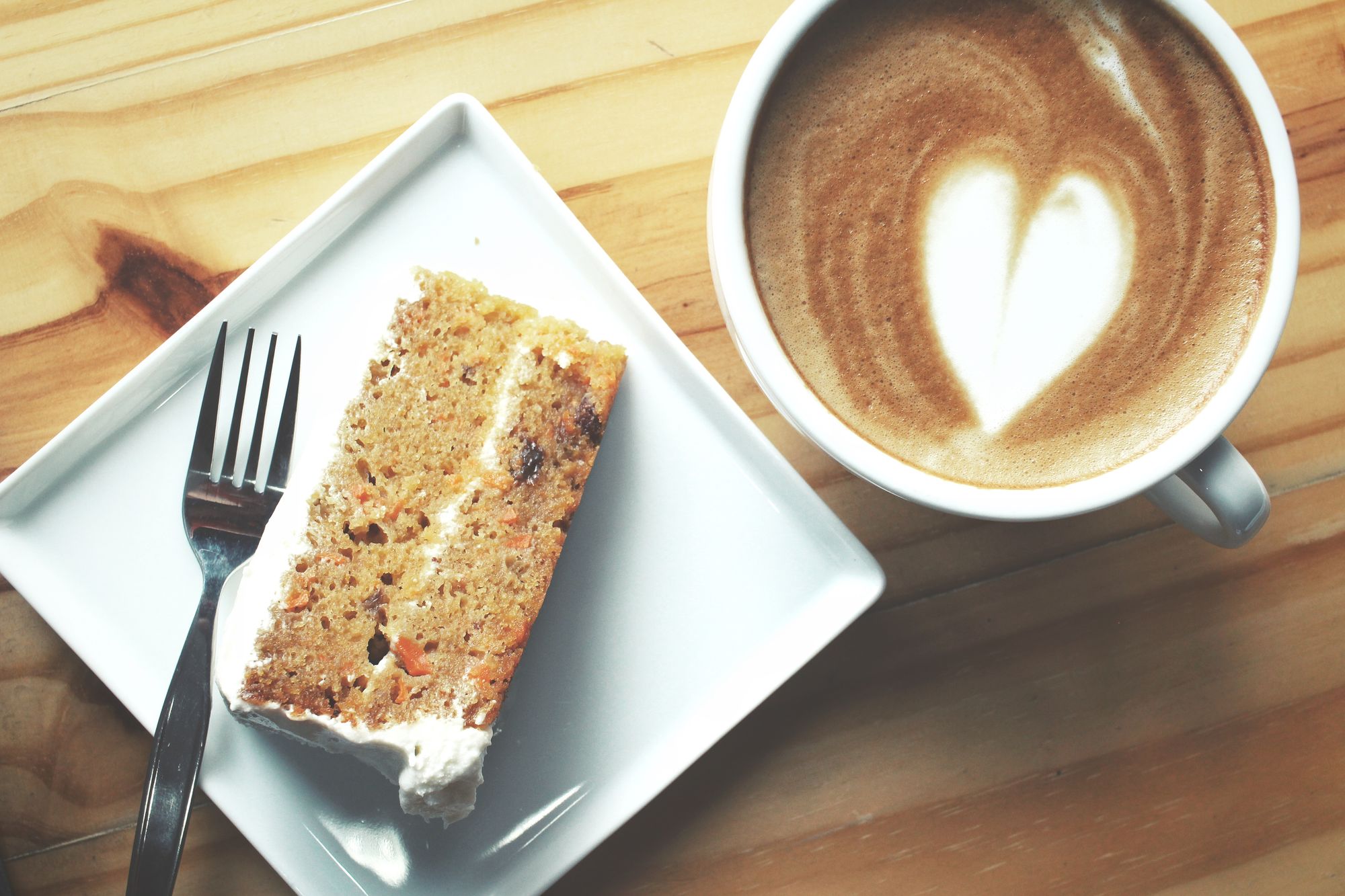Breakfast is often considered the simplest meal of the day to adapt to a weight loss plan. This is because most people consume fewer calories at breakfast than at lunch or dinner, and healthier options such as whole grains and fresh fruits are commonly included in breakfast menus.
However, despite its potential benefits, breakfast can still be a problematic meal for those trying to manage their weight. If you are struggling to achieve or maintain a healthy weight, it is worth examining your breakfast habits, as there may be some unintentional actions hindering your progress.
1) Skipping Breakfast

Intake Contrary to popular belief, skipping breakfast may actually lead to weight gain. To maintain a healthy weight, it is important to eat a balanced breakfast high in fiber and moderate in protein and carbs. Eating fiber and protein-rich foods in the morning helps reduce snacking throughout the day and keeps you feeling full.
In addition to preventing weight gain, studies have shown that eating breakfast can also improve mental clarity and increase energy levels. It can also positively affect your metabolism, which can lead to increased calorie burning throughout the day.
Some healthy breakfast options include oatmeal with nuts and fruit, Greek yogurt with berries, whole-grain toast with avocado and egg, or a smoothie with protein powder, spinach, and almond milk.
2) Watch Your Coffee Calories

If you're trying to lose weight, pay attention to the number of calories in your coffee. Fancy coffee drinks or creamers can quickly add up to a calorie surplus if not accounted for. Treat yourself occasionally, but avoid making it an everyday habit.
Instead, try adding flavor to your coffee with natural alternatives like cinnamon, nutmeg, or vanilla extract. You can also try switching to low-fat or non-dairy milk options to reduce calorie intake.
3) Don't Rely on Coffee Alone
While coffee may be a morning staple, it does not provide the nutrients needed to fuel your day. Liquid breakfasts alone leave you hungry and more likely to overeat later. Add protein, complex carbs, and healthy fats to your breakfast to keep you feeling satisfied.
A well-rounded breakfast could include whole-grain toast with almond butter and banana slices, a veggie omelet with a side of whole-grain toast, or a breakfast burrito with eggs, black beans, and avocado.
4) Avoid Convenient Store Breakfasts
Convenience stores and gas stations do not typically offer healthy breakfast options. Eating muffins and lattes high in added sugars could contribute to weight gain. Avoid these locations as much as possible.
If you're in a hurry and need a quick breakfast on-the-go, consider packing a homemade breakfast sandwich, overnight oats with fruit and nuts, or a protein shake with frozen fruit and spinach.
5) Be Mindful When Dining Out for Breakfast
Going out for breakfast often leads to consuming large portions, high calorie counts, and excessive levels of fat. While the occasional breakfast out is fine, making it a habit could lead to weight gain.
When dining out, opt for healthier options like an egg-white omelet with veggies and whole-grain toast or a breakfast bowl with quinoa, eggs, and avocado. You can also ask for substitutions like egg whites instead of whole eggs or fruit instead of hash browns.
6) Check the Labels

Some breakfast foods that are marketed as "healthy" can be high in added sugars and calories. Be sure to read the labels to make informed choices about what you eat.
Look for foods that are low in added sugars and high in protein and fiber. Some good options include Greek yogurt, oatmeal, whole-grain cereal, or a protein shake with almond milk and fruit.
7) Don't Eat Cereal Straight from the Box

Grabbing handfuls of cereal straight from the box may cause you to consume more calories than you realize. Make sure to measure out a serving in a bowl to prevent overeating.
If you're in a rush and need a quick breakfast, try pre-portioning cereal in small bags or containers. You can also consider making homemade granola with oats, nuts, and dried fruit for a healthy and portable option.
8) Don't Overdo the Carbs
While breakfast foods like pancakes, bagels, and oatmeal are popular, they are often high in carbs and lack the fiber and protein necessary to keep you full.
Adding protein sources like lean chicken sausage or pistachios can help regulate blood sugar and promote satiety. High-fiber fruits like raspberries, strawberries, and blueberries also make great additions to a carb-heavy breakfast.
If you're a fan of pancakes, consider making them with almond flour or protein powder instead of traditional flour. Top with Greek yogurt and berries for a protein and fiber boost.
9) Don't Eat in Your Car

Eating breakfast in your car while driving can lead to mindless consumption and distracted driving. Find a time and place where you can give breakfast your full attention.
If you have a busy morning routine, consider prepping breakfast the night before. Overnight oats, breakfast burritos, and smoothie bowls are all great make-ahead options.
If you need to eat on-the-go, make sure to pull over and take a few minutes to enjoy your breakfast in a safe and distraction-free environment.
10) Choose Smoothie Ingredients Wisely
Smoothies can be a great way to add fiber and nutrients to your diet, but be mindful of the macronutrient balance. Fruit smoothies high in carbs without healthy fats and protein will not keep you satisfied. Look for protein-rich smoothies with real food ingredients to keep you full and fueled throughout the morning.
Some good smoothie ingredients include spinach, kale, protein powder, nut butter, chia seeds, and avocado. Try blending together almond milk, spinach, banana, almond butter, and protein powder for a delicious and nutritious breakfast smoothie.
Overall, making healthy breakfast choices is key to achieving and maintaining a healthy weight. By incorporating fiber, protein, healthy fats, and complex carbs into your morning routine, you can stay full and energized throughout the day while avoiding weight gain.

